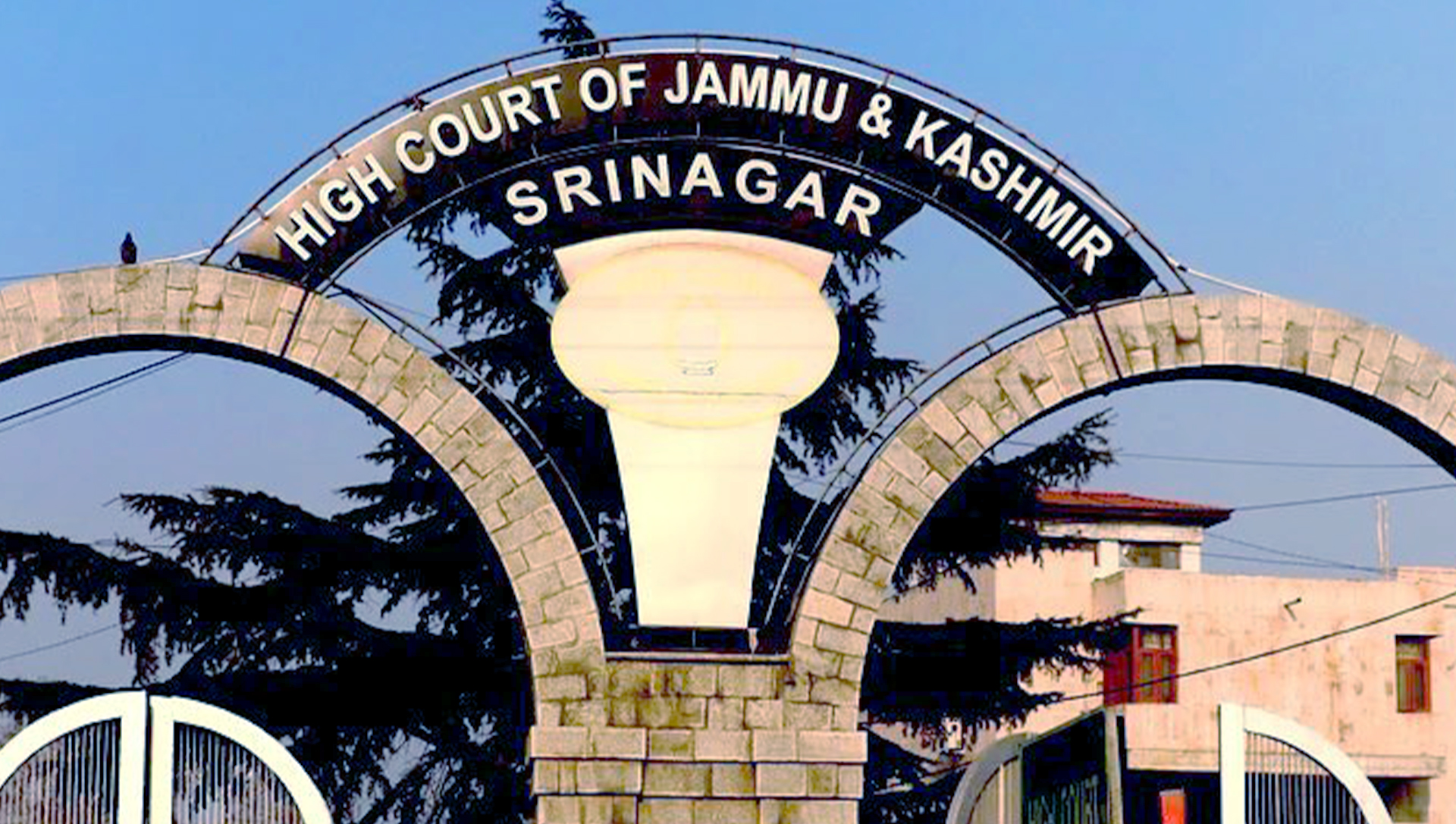SRINAGAR: Jammu and Kashmir and Ladakh High Court on Friday ordered that the body of Amir Magrey, one of the four persons killed in the Hyderpora, Srinagar anti-terror operation in November last year be exhumed.
The court also directed the government that if the body was decomposed, his family be compensated with Rs 5 lakh.
A bench of Sanjeev Kumar asked the government to make appropriate arrangements for transportation of the body to his native village in Ramban for burial. The decision came following a petition by Amir’s father Mohammad Latief Magrey.
Mohammad Latief Magray had filed the petition through his counsel Deepika Singh Rajawat in December last year. Deepika termed it a historic decision and victory.
Amir was killed along with three others identified as Altaf Ahmad Bhat, Dr Mudasir Gul and a non-local terrorist known as Bilal Bhai at an encounter in the Hyderpora area of Srinagar on November 15, 2021. The security forces and the Jammu and Kashmir police drew flak after the families of the three local Kashmiris claimed they were “innocent”.
The court said: “The respondents shall also make appropriate arrangements for transportation of the dead body to the village of the petitioner for burial in his native graveyard in accordance with the traditions, religious obligations and religious faith which the deceased professed during his lifetime provided it is in a deliverable state.”
The order, however, added that since the dead body of the Amir must be in the advanced stage of “putrefaction”, it would be desirable that his family act with “promptitude and do not waste any further time.”
“However, if the body is highly putrefied and is not in a deliverable state or is likely to pose risk to public health and hygiene, the petitioner and his close relatives shall be allowed to perform last rites as per their tradition and religious belief in the Wadder Payeen graveyard itself,” the order read.
In that situation, the court added, the State shall pay to the petitioner a compensation of Rs 5 lakh for “deprivation of his right to have the dead body of his son and give him decent burial as per family traditions, religious obligations and faith which the deceased professed when he was alive.”
The bodies of Altaf and Mudasir were exhumed within days while the authorities denied the return of Amir’s body to his family, buried in a village in North Kashmir’s Handwara district like other terrorists.
In the order, however, the court said that the “apprehension of law and order getting vitiated at this point of time also appears to be illusory”.
“When the respondents could maintain the law and order situation when the dead bodies of two, namely, Altaf Ahmad Bhat and Dr Mudasir Gul were exhumed and handed over to their relatives for last rites on 18.11.2021, it is not difficult for the respondents to make necessary arrangements for the exhumation of the dead body of Amir Latief Magrey, the son of the petitioner and transport the same in proper escort to Village Thatharka Seripora Tehsil Gool District Ramban,” the order read.
“If only the administration had listened to us in the immediate aftermath of the encounter. At the time I’d met the family of Amir Magrey & they were deeply distressed at the treatment meted out to their son. Thank goodness the court did what the Govt didn’t,” former J&K CM Omar Abdullah tweeted.
A Special Investigation Team, or SIT, headed by a Deputy Inspector General of Police to probe the encounter had cleared the security forces of any wrongdoing. The SIT concluded that two civilians, a doctor and a businessman, were either used as human shields by terrorists or killed by terrorists during the encounter.
The SIT chief Sujit Kumar had said that Amir Magray was a close aide of a Pakistani terrorist and his activities showed that he, too, was a terrorist. Among the allegations against Amir Magray and his activities that Kumar believed were pertinent was this: “Amir was frequently visiting Bandipora district and had also started smoking.”
Quoting teachers of a seminary in Bandipore, the SIT chief said Amir Magray’s behaviour had changed and he was not punctual in namaz, or prayers offered five times a day by Muslims.










